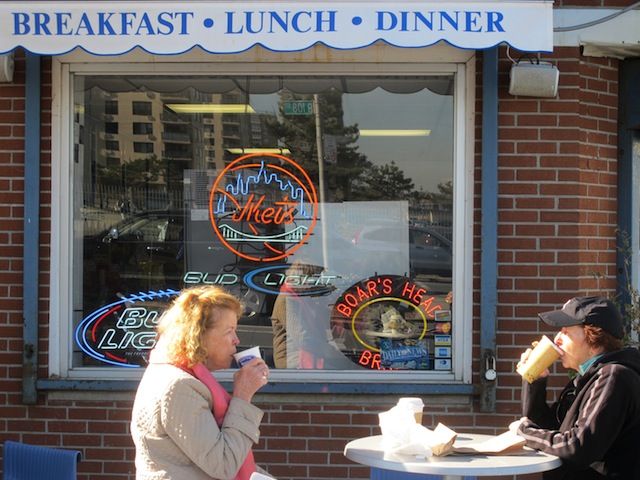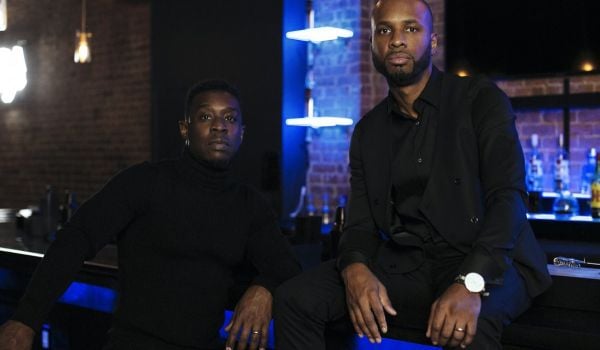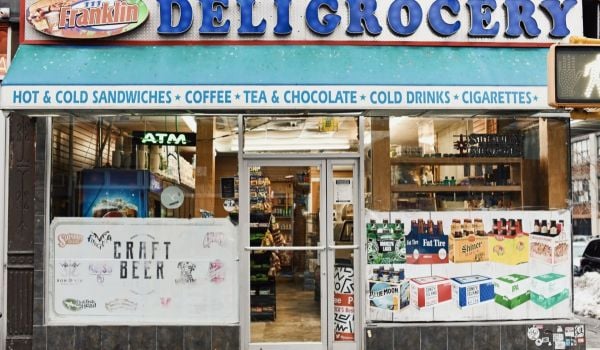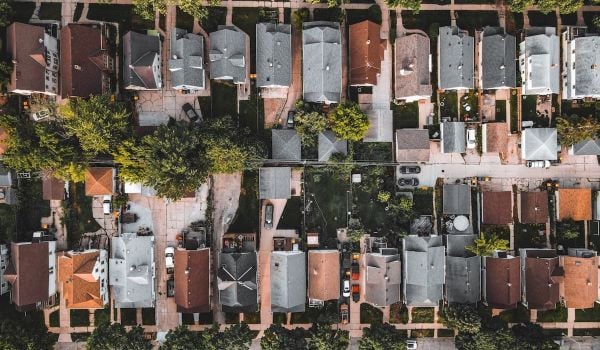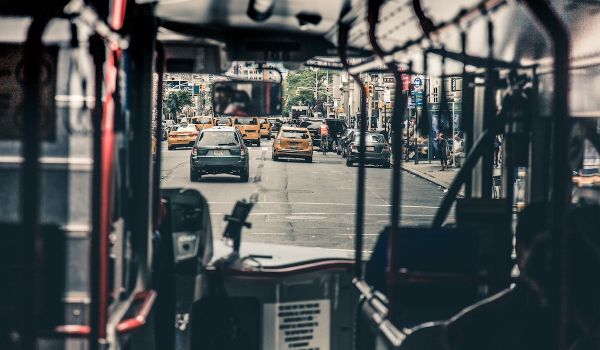It took Danny Foster two days and more than 12 guys to shovel the sand, which was piled up “waist deep, like a snowstorm,” in front of his bagel shop. The windows had shattered, the door had blown off, and Hurricane Sandy took the fences and awnings with it. Somehow, Boardwalk Bagel, which sits on Rockaway Beach Boulevard between the Beach 105 Street subway stop and Rockaway Beach, was open just a couple weeks later.
“I wanted to get it open for the community. People needed things around here,” Foster told me in the back room of Boardwalk Bagel on Monday afternoon. “Nothing was open for weeks. We were the only people open around here.”
How do you get a business ravaged by a hurricane up and running in less than two weeks? You start with a $20,000 generator, which Foster had someone drive up from “down south.” The store stayed closed while Foster threw everything out and brought electricians in to get it back in shape. “Took a team of about 15 guys two weeks to get it open,” Foster said. “Throw everything out, start fresh.” There was minimal water damage inside — about eight inches’ worth — but the heavy winds took all the cooking equipment’s exhaust fans on the roof.
And running that generator will cost you. Foster said he shelled out between $1,000 and $1,500 a week in gas just to keep the operation running. Power came back on just before Thanksgiving, when Boardwalk Bagel handed out about 500 free Thanksgiving dinners to local residents.
All told, it cost Foster and his dad, with whom he opened shop 10 years ago, between $125,000 and $130,000 to get the doors open again.
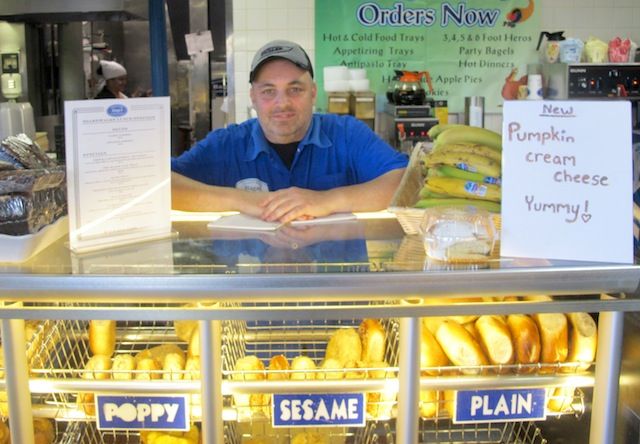
Boardwalk Bagel owner Danny Foster. Credit: Bill Bradley
Once Boardwalk Bagel was back for business, it couldn’t make food fast enough. “It was bananas,” Foster said. “People would buy anything. Couldn’t keep up. It wasn’t just the locals. There were hundreds of guys down here cleaning up every day, too.” The store opened at 6am and closed at dark every day for three or four weeks. Once it was easier for folks to navigate the roads home, it resumed its normal later hours.
Richard Bruno, who owns a 100-year-old bungalow down the block that escaped damage, said that Boardwalk Bagel was literally the only game in town. “Everybody ate there,” he said. But his neighbor, Robert Magoolaghan, shot back. “Besides free food! Believe me, there was a lot of free food to be had,” he said. “Bloomberg sent those food trucks down here. It was actually really good. And Mr. Bloomberg footed the bill.”
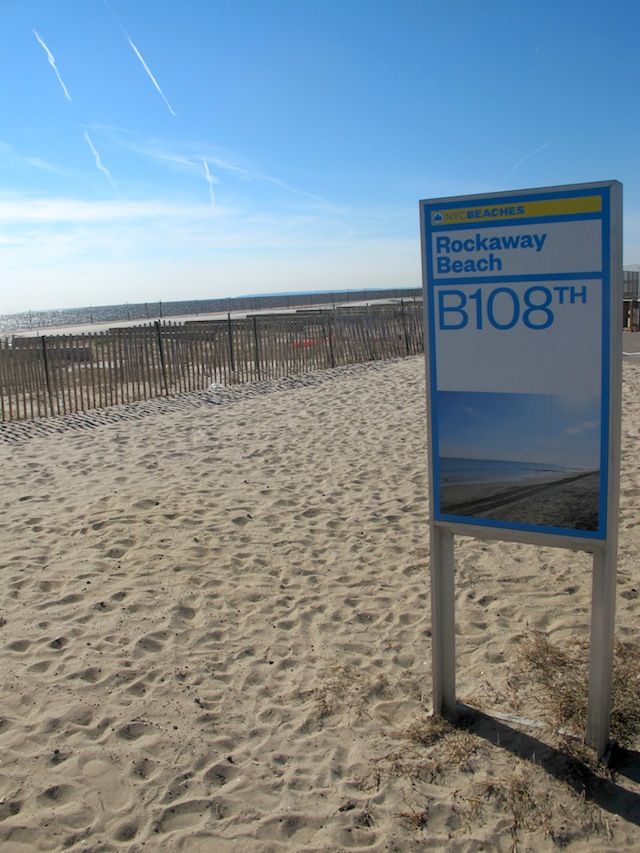
Beach 108th, where the boardwalk was ripped up by the storm. Credit: Bill Bradley
Business was good for Foster in the days and weeks after Sandy, but it didn’t come close to covering the costs. “After you lay out all that money, it’s not like you’re doing it to make a ton of money. It’s hard to catch up,” he said. The neighborhood picked up the pieces slowly. “Each day got a little better, slowly. Day by day got a little better. Nobody ever thought that it was the end of the world.”
The nearby Beach 108th Street section of Rockaway Beach resumed business as usual this summer, despite the storm having ripped up the boardwalk. Foster was optimistic. “It was a confusing summer,” he said. “People didn’t know if the beach was open. Should they come, shouldn’t they come? It wasn’t as normal as a usual summer, but it was good. It’ll get better. It takes time.”
As for reflections on the neighborhood one year and $130,000 in repairs later? “Everybody has to get back on with their lives,” he said. “Now it’s over, you know? Truth of the matter is, whatever you lost you lost, and now it’s time to get back to work.”
The Equity Factor is made possible with the support of the Surdna Foundation.

Bill Bradley is a writer and reporter living in Brooklyn. His work has appeared in Deadspin, GQ, and Vanity Fair, among others.


